From philosophy theorist to data science manager; introducing John Hearty
“Studying alone wasn’t going to cut it; the employers you really want to work for look for people who’ve gone out and done something alongside their studies”.
I was one of those kids that has too many questions, so at my high school it was generally agreed that Philosophy was a good fit for me. Employability was not a factor in my decision making then!
I studied Philosophy at Nottingham. Undergraduate Philosophy study was pretty much 3 years of learning the proper form of structured thought, kind of like mental martial arts. Because the vast majority of Philosophy is really about listening to (or reading) the reasoning of others, I think I developed decent listening skills and a habit of analyzing and assessing inputs. It is not necessary to study Philosophy formally to train in these areas, and I would suggest dipping your toes into philosophical writing if you’re interested in trying.
When I completed my undergraduate degree, I signed up for a postgraduate degree (an exercise in thesis-writing), and then dedicated several years to getting to know myself. I travelled, worked various odd jobs like bartending or sous-chef, and at the age of 25 I finally took stock. I concluded that it was time to develop a career. This is where things really began for me.
I packed my bags, moved home to England (based on the fact that the tuition is cheaper) and found a university that was willing to let a Philosophy student with no computing background or demonstrable skills take their MSc in Computer Science.
I concluded that because I was coming at this with a disadvantage, I’d better aim to be at the top of my class. I spent the summer before the course began working two jobs and reading every programming and networking textbook I could find, cover-to-cover. I wrote (lousy) code constantly, I thought about code, I buried myself in the stuff.
One thing I assumed back then (and later learned through the tech/Meetup community to be a very real hiring preference) is that studying alone wasn’t going to cut it. The employers you really want to work for are the ones with higher hiring standards, and those people are looking for employees who’ve gone out and found something to do alongside their studies. I was taking things pretty seriously and I was willing to work for free for the right company and experience. To make this work, I needed to figure out how to position myself – which programming specialization did I want to develop, and where would I find a company of reputable folk to work with.
I ascribe quite a lot of what happened in the next few years to luck, and my choice of company was very lucky. I decided that I might enjoy working in data analytics (this was 2012, right when ‘data science’ was starting to be a recognized term in the UK), and I found a company that was working on an analytics solution. This team was run by a set of highly capable ex-Sony executives, the same team now running a flourishing VR social company called vTime.
This team needed something very specific. They wanted to start using some more advanced analytics and models in their solution. I was asked whether I could start developing some machine learning models that helped identify promising users for their clients (app and game developers).
Suddenly, I was all machine learning, all the time. I was learning R, then Python, reviving my knowledge of linear algebra, calculus, discovering PCA and SVMs and boosting ensembles. I was learning techniques, theory, code practice and visualization approaches all at the same time. I was solving problems. I was hooked!
From there, things snowballed somewhat. I was offered a PhD scholarship, but a job offer came up from Microsoft (more good fortune) which I jumped at. I ended up being the first member of a Data Science team at an Xbox Studio, responsible for helping hire and for leading a cross-disciplinary team of data scientists, analysts and engineers. I had the opportunity to start producing content (books and video courses with O’Reilly and Packt) on deep learning and ML automation. I worked in games for a while longer, before transitioning to financial security.
When I look at this experience, I think the key to succeeding was my attitude when I began retooling – I decided to put in the hours and the effort needed to get value from the initiative. I also think it was crucial that I decided to blend studying with work. That combination of experience is a good way to become someone who is able to do things, reliably and safely. That (the ability to deliver) is the single most critical thing that employers look for.
I do believe that the formal education in Data Science is less necessary now than it once was – what really matters is that you have the technical knowledge and practical experience needed to deliver effective and safe solutions. I think this is good – I really respect the attitude of ‘can you safely and reliably do things’ that is transferring over from programming fields.
I currently work at nudata Security (Mastercard), where I enable an R&D team of brilliant Data Scientists to create innovative solutions in security, identification and fraud prevention. We develop from first principles to working proof of concept models, automated ML pipelines and patented inventions. Most of what we create is industry-leading and it all goes into production. We’re empowered to succeed, and it’s the most enjoyable job I’ve ever had.
Interested in working with us? Browse our openings here.
Related to this blog My experience being honored as a woman in technology



